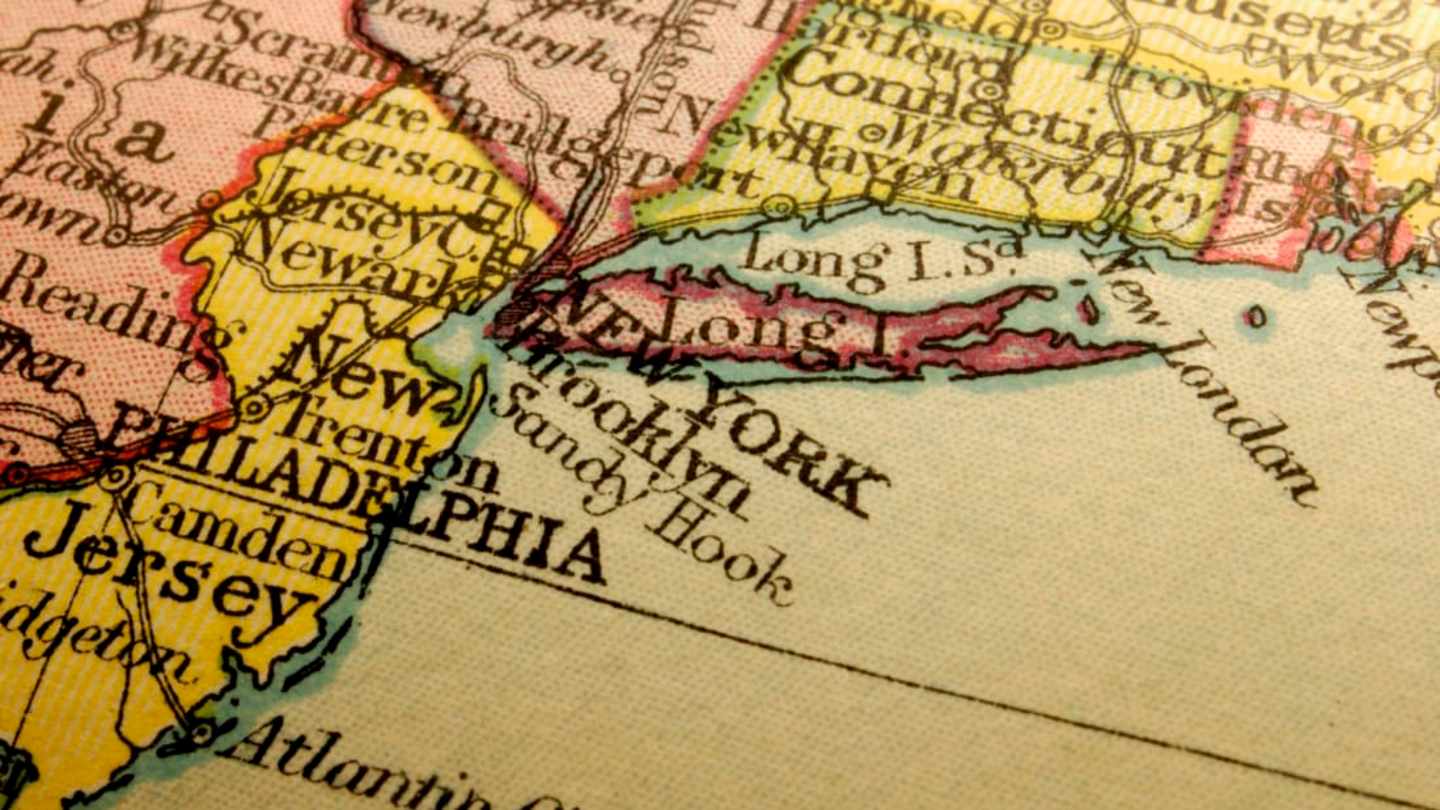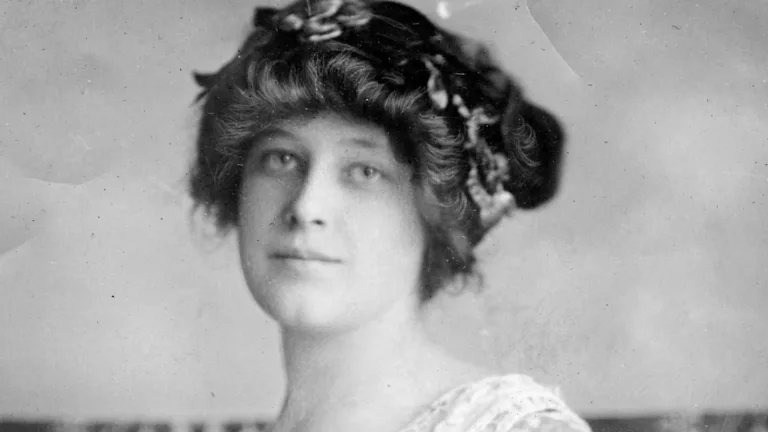Many American place names have fascinating European roots. This often reflects the heritage of the early settlers who established these communities. Tracing these connections reveals a rich history and the enduring influence of European culture on The United States. We’Ll Explore Some Examples, uncovering the stories behind these names and the journeys of those who brought them across the Atlantic.
This exploration will focus on several “New” Place Names, highlighting their connections to specific European locations. We’ll discover how these names were chosen, often reflecting the founders’ origins or aspirations. For example, we’ll examine the relationship between New Jersey and the island of Jersey, considering why this particular name was chosen and what it signifies. Along the way, we’ll also consider the question: is there an old jersey, and if so, where is the original jersey?
Understanding these etymologies offers a glimpse into the complex tapestry of American history. It reveals the diverse backgrounds of the nation’s founders and the enduring impact of European settlement on the landscape and cultural identity of The United States. By examining these place names, we gain a deeper appreciation for the interconnectedness of history and the lasting legacy of European influence.
Jersey’S Namesake: The Channel Islands
New Jersey’s name is a direct tribute to the island of Jersey, one of the Channel Islands located off the coast of Normandy, France. This small island played a significant role in the history of The British Isles, and its name carries weight and significance. The connection between the island and the American state highlights a fascinating piece of colonial history.
The naming of New Jersey is intrinsically linked to Sir George Carteret, a prominent figure in the early colonization of North America. King Charles Ii, in gratitude for Carteret’s loyalty, bestowed the land that would become New Jersey upon him. Carteret, having strong ties to the island of Jersey, naturally chose its name for this Newly Acquired Territory. This act reflects the close personal and political connections between the British monarchy and their colonial endeavors.
The choice of the name “New Jersey” wasn’T Arbitrary; it was a deliberate act of homage and a reflection of Carteret’s Personal History. It’s a testament to the power of personal connections in shaping the geographical landscape of the newly formed United States. The question, where is the original jersey, is easily answered: The Channel Islands. This direct link underscores the profound influence of European history on the naming conventions of the American colonies.
German influences: New Brunswick and New Paltz
New Brunswick, New Jersey, owes its name to Braunschweig, a city in Lower Saxony, Germany. This connection reflects the significant German immigration to the area during the Colonial Period. The name’s adoption highlights the cultural impact of German settlers on the development of the region. The similarity in the names is striking and clearly indicates the origin of the chosen moniker.
The story of New Paltz, New York, is another example of German influence on American place names. Founded By Huguenots—French Protestants—who had previously resided in Mannheim, Germany, the town’s name is derived from the “Pfalz” part of Mannheim’s name, Which Translates To “Palatinate.” This reflects the settlers’ previous residence and their desire to carry a piece of their history with them to their new home. The choice of “Paltz” demonstrates the lasting impact of their German experience.
These examples showcase how German heritage played a role in shaping the names of American settlements. The choice of these names wasn’T Random; they were deliberate choices that reflected the origins and cultural backgrounds of the settlers. These names serve as lasting reminders of the significant contributions of German immigrants to the development of The United States. The stories behind these names add depth and richness to the understanding of American history, Going Beyond Simple Geographical Designations.
 Why Do Coupons Have Cash Value? Historical Origins Explained
Why Do Coupons Have Cash Value? Historical Origins ExplainedHuguenot heritage: New Rochelle and its French origins
New Rochelle, New York, stands as a testament to the Huguenot influence on American place names. Its name is a direct reflection of La Rochelle, a port city in France. The Huguenots, French Protestants, played a significant role in the early settlement of New York, and their origins are clearly reflected in the name of this town. The connection highlights the lasting impact of French Huguenot immigration on the region.
The founders of New Rochelle were Huguenots who fled France seeking religious freedom. They carried with them not only their faith but also the memories and names of their homeland. Naming their new settlement after La Rochelle served as a powerful symbol of their heritage and a reminder of the place they had left behind. This act of Naming represents a powerful connection to their past and a desire to establish a new life while retaining their cultural identity.
The choice of the name “New Rochelle” is more than just a geographical designation; it’s a statement of cultural identity and a tribute to the founders’ origins. It speaks volumes about the enduring influence of French Huguenot culture on the development of New York and serves as a reminder of the struggles and triumphs of those who sought refuge in The New World. The story of New Rochelle is a microcosm of the larger narrative of immigration and the lasting impact of cultural heritage on the American landscape.
Biblical connections: New Canaan and its namesake
Unlike the other examples, New Canaan, Connecticut, draws its name not from a specific European location, but from the biblical Land of Canaan. This reflects the strong religious beliefs of the early settlers and their desire to establish a community rooted in their faith. The choice of this name signifies the importance of religious ideals in shaping the identity of the new settlement.
The name “New Canaan” evokes a sense of promise and a new beginning, mirroring the settlers’ hopes for a prosperous and peaceful life in their new home. It suggests a connection to a Utopian Ideal, drawing on the biblical narrative of Canaan as a land of plenty and promise. This association reflects the spiritual aspirations of the founders and their desire to create a community based on Religious Principles.
The naming of New Canaan highlights the significant role of religious beliefs in shaping the cultural landscape of early America. It stands in contrast to the names derived from specific European locations, illustrating the diverse motivations and influences that shaped the development of American settlements. While the other place names discussed Reflect Geographical Origins, New Canaan’s name emphasizes the spiritual aspirations of Its Founders, showcasing a different facet of the complex history of American place names.
Exploring further: Uncovering the origins of New Hampshire
While the origins of the names of New Jersey, New Brunswick, New Paltz, New Rochelle, and New Canaan have been relatively well-documented, the etymology of New Hampshire requires Further Exploration. Unlike the clear connections to specific European places or biblical references in the other examples, the precise origins of New Hampshire’s name are less straightforward and require more in-Depth Research.
Several theories exist regarding the origin of “New Hampshire,” often linking it to the Hampshire region of England. However, a definitive and universally accepted explanation Remains Elusive. Further investigation into historical records and colonial documents is necessary to definitively trace the name’s origins and understand the motivations behind Its Selection. This lack of a clear-cut answer underscores the complexity of historical research and the challenges in definitively tracing the origins of certain Place Names.
The ambiguity surrounding the name’s origin presents an opportunity for further research and investigation. Delving deeper into historical records, Exploring Colonial Correspondence, and examining the narratives of early settlers could potentially uncover the definitive answer. This exploration would not only shed light on the origin of New Hampshire’s name but would also contribute to a broader understanding of the naming conventions and historical influences shaping the American landscape. Perhaps, in uncovering the story behind New Hampshire, we might find a connection to the question of is there an Old Jersey, and where is the original jersey, highlighting the rich tapestry of influences that shaped American place names.










